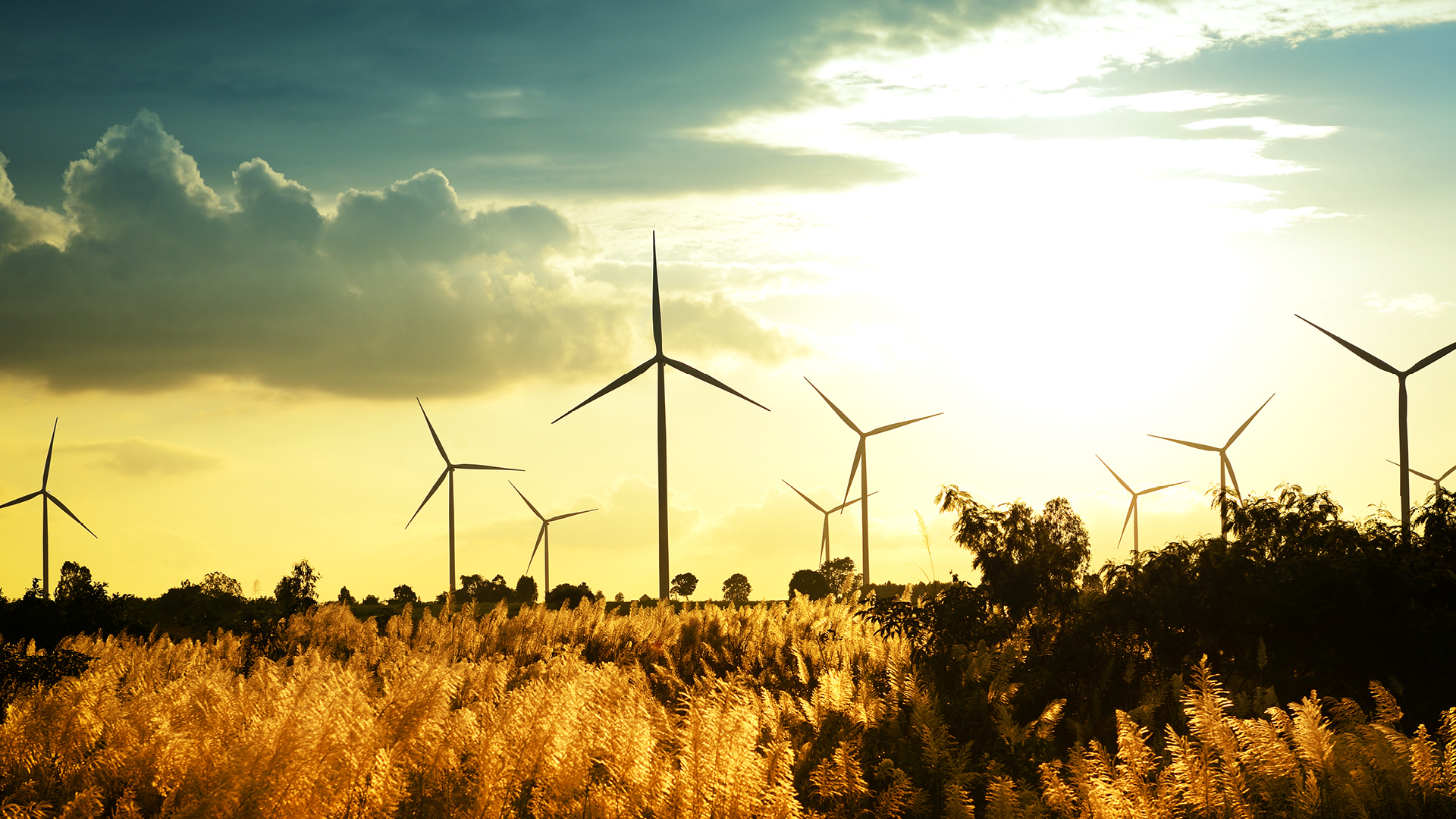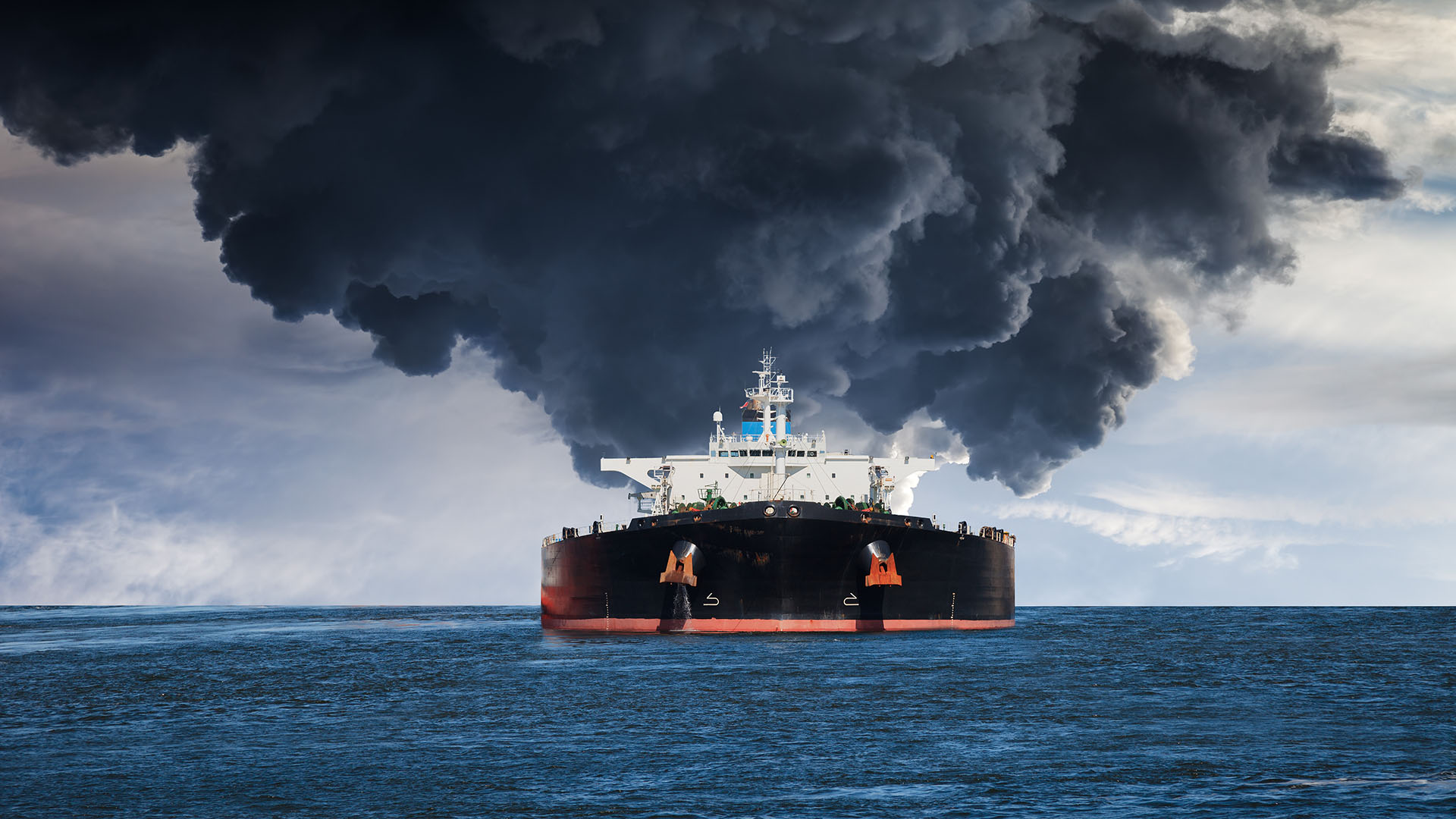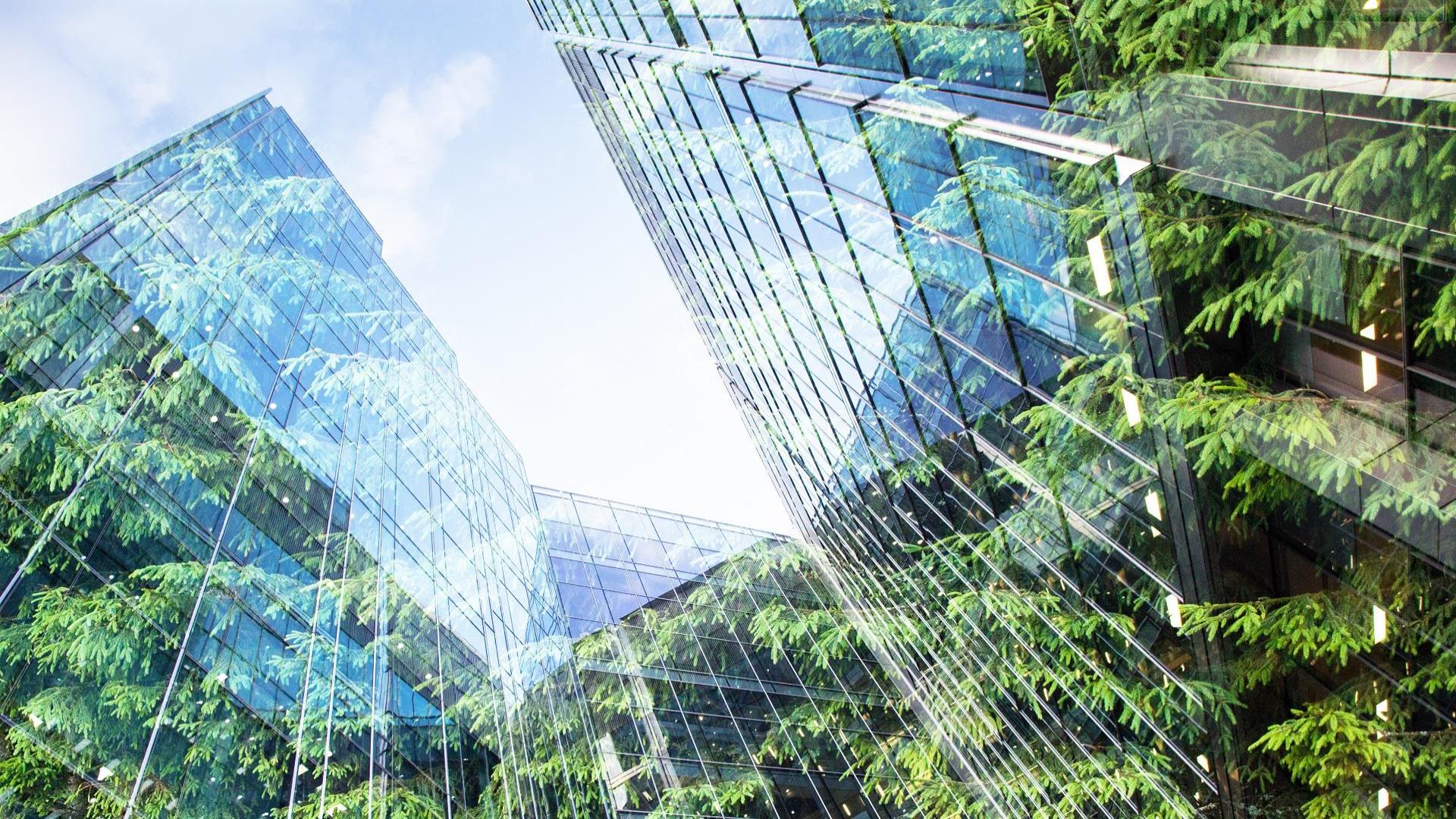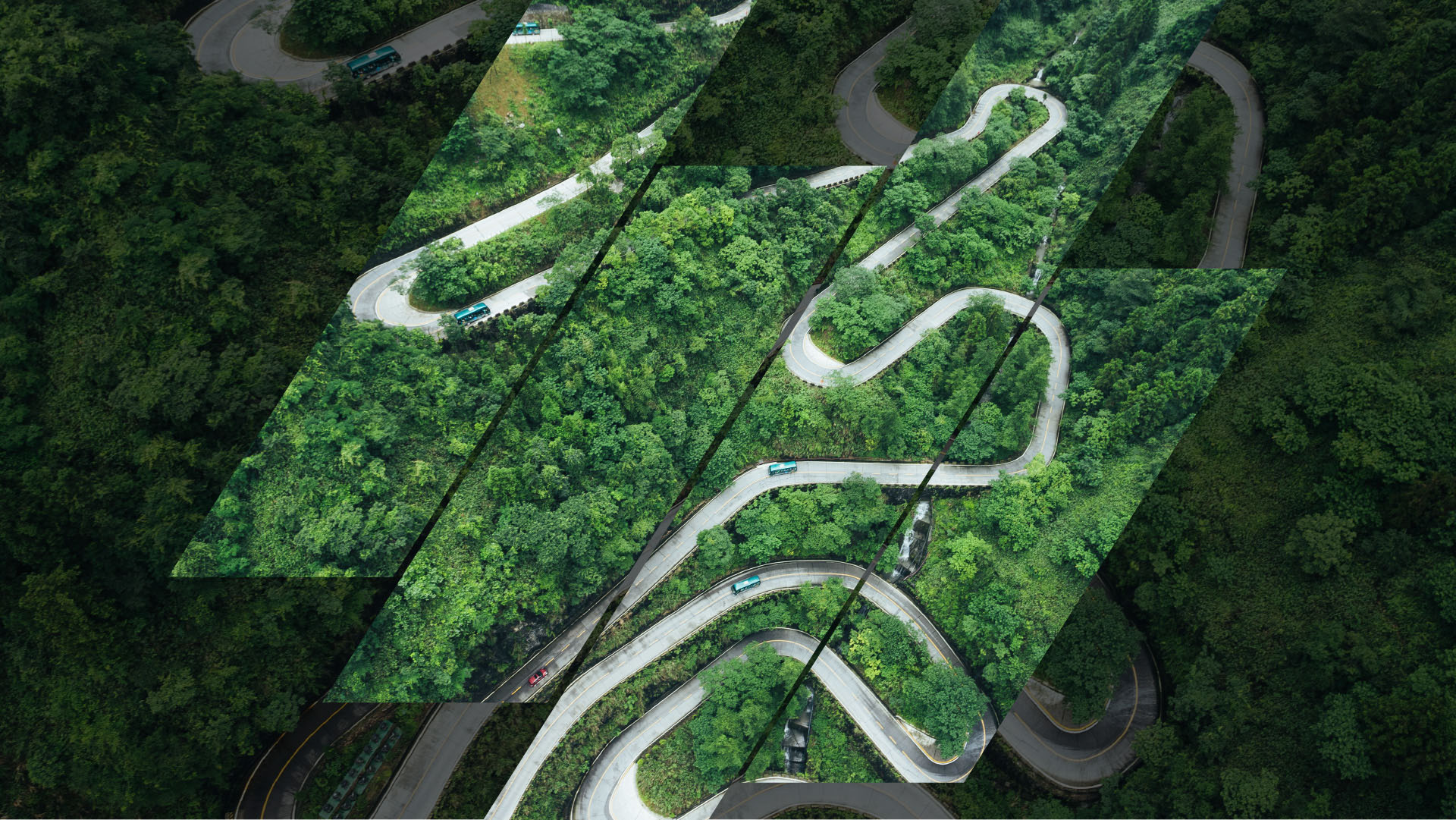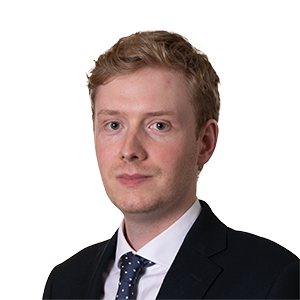Welcome to NRF’s blog on COP26 – here we’ll be providing an easy digest of the day’s action from the formal negotiations (the “Blue Zone”), the official public events (the “Green Zone”) and a variety of external and other third party talks, workshops and sessions. We’ll also include analysis from our team on the ground in Glasgow, including interviews, key takeaways from sessions we’ve attended and a barometer on progress towards COP26’s goals.
The official goals of COP26 are as follows:
- Secure global net zero by mid-century
- Adapt to protect communities and natural habitats, particularly in the developing world
- Mobilise finance – the aim is for $100 billion in climate finance per year from developed countries
- Strengthening international collaboration – for example by finalising the Paris Rulebook, including on issues such as carbon pricing and market-mechanisms
Monday 01 November is part of the ‘World Leader’s Summit’, where world leaders are welcomed to Glasgow to put forward their high level ambition and action towards securing the official goals.
Carbon pricing was a major focus point of many of the opening speeches, and indeed feeds into the 4th COP goal of finalising the Paris Rulebook. German Chancellor Angela Merkel explicitly called for the adoption of global carbon pricing, while Prince Charles said that “putting a value on carbon, thus making carbon-capture solutions more economical, is absolutely critical”. It is worth noting that major energy companies, such as Shell and BP, have also come out in favour of well-designed carbon pricing systems, so it enjoys a broad coalition of support in both the public and private sectors.
President Xi Jinping of China submitted a written statement reiterating the position that China expects richer nations to contribute the bulk of short to near term emissions reductions.
India’s Prime Minister Narendra Modi announced a new net zero target of 2070, which although accompanied by pledges to scale up clean energy development, has been widely seen as disappointing given the now generally accepted goal of achieving net zero by 2050.
A number of senior world leaders are not attending in person this year, including President Erdogan of Turkey, President Xi Jinping of China, President Putin of Russia, President Bolsonaro of Brazil and President Andrés Manuel López Obrador of Mexico. Nonetheless, officials from these countries will still very much be involved in the negotiations over the next two weeks.
The World Leaders Summit will also continue on into Tuesday 02 November, as the Green Zone and fringe conference events get into full swing.

